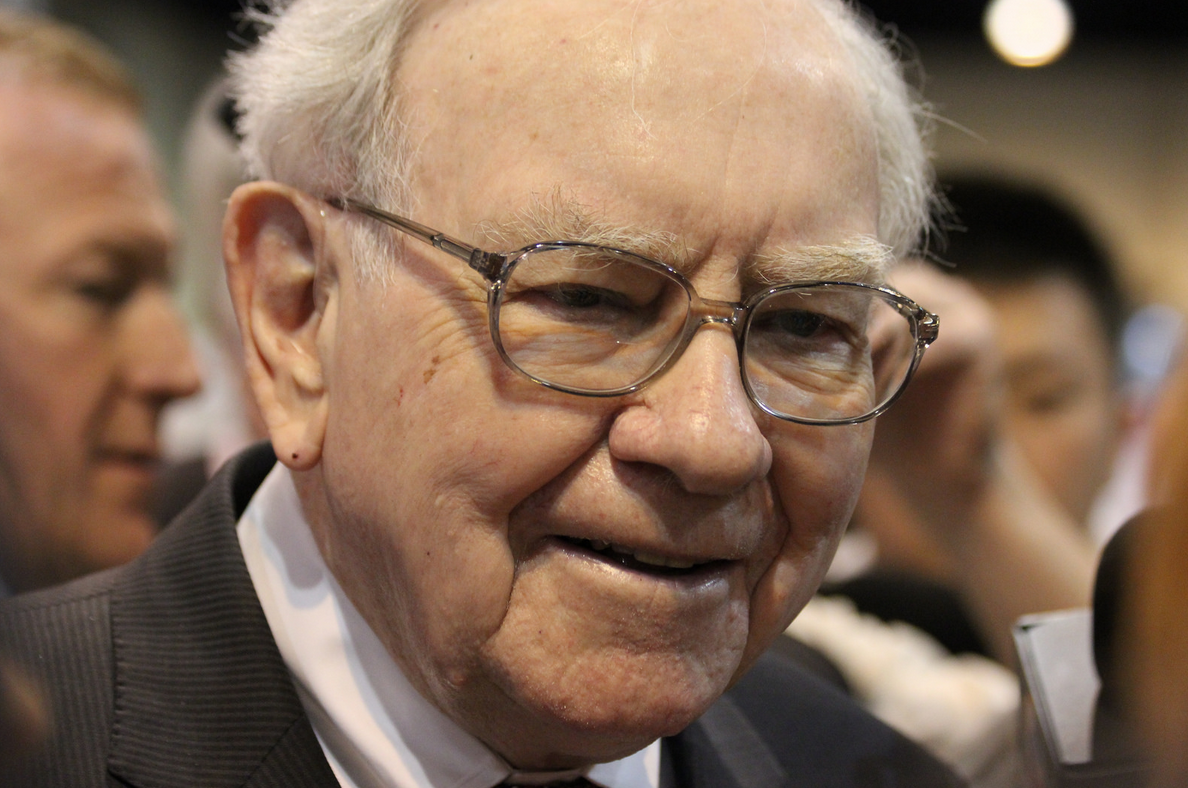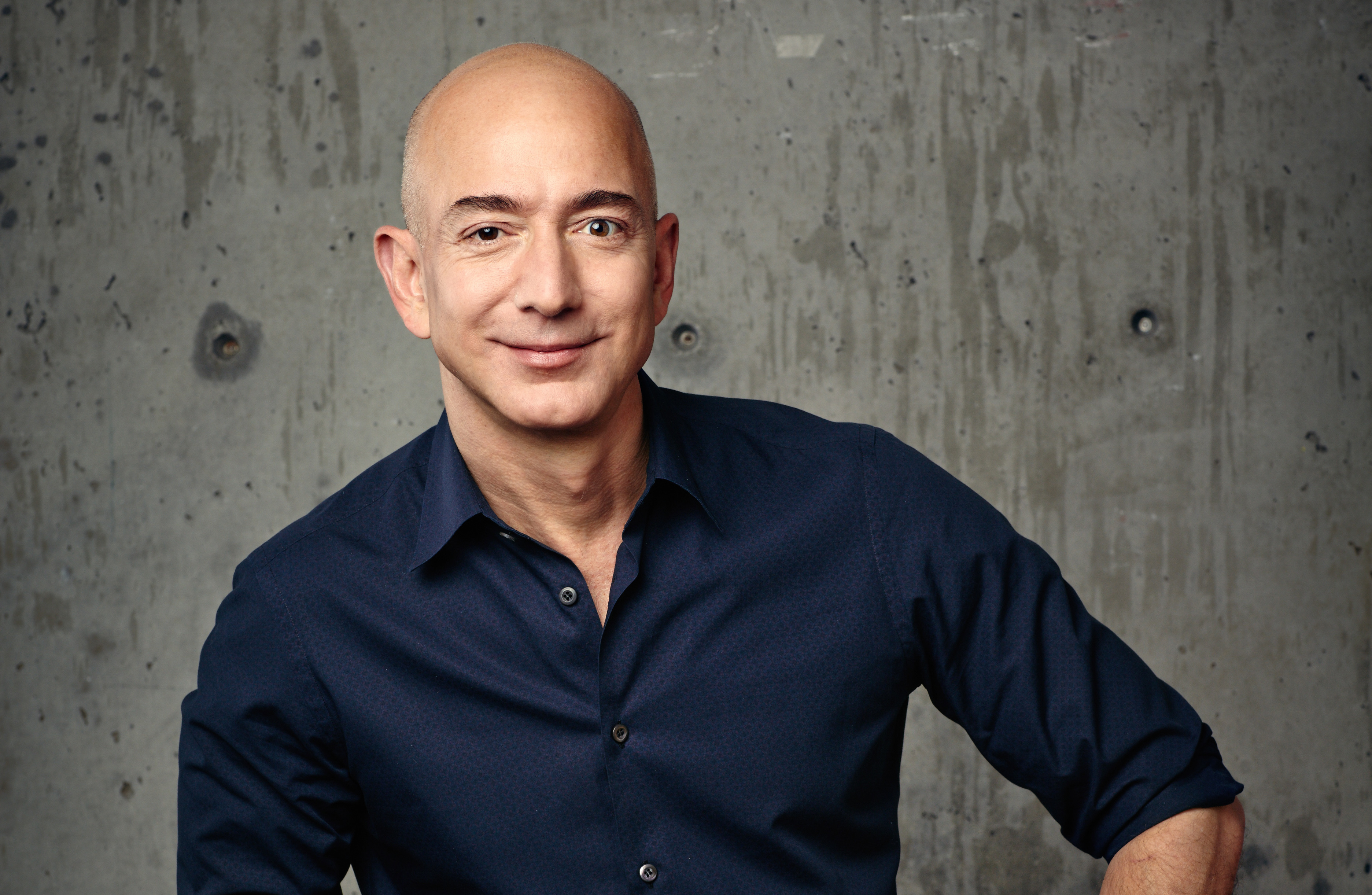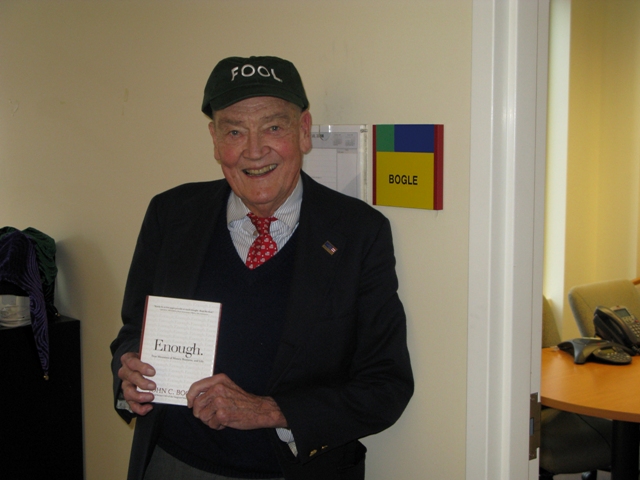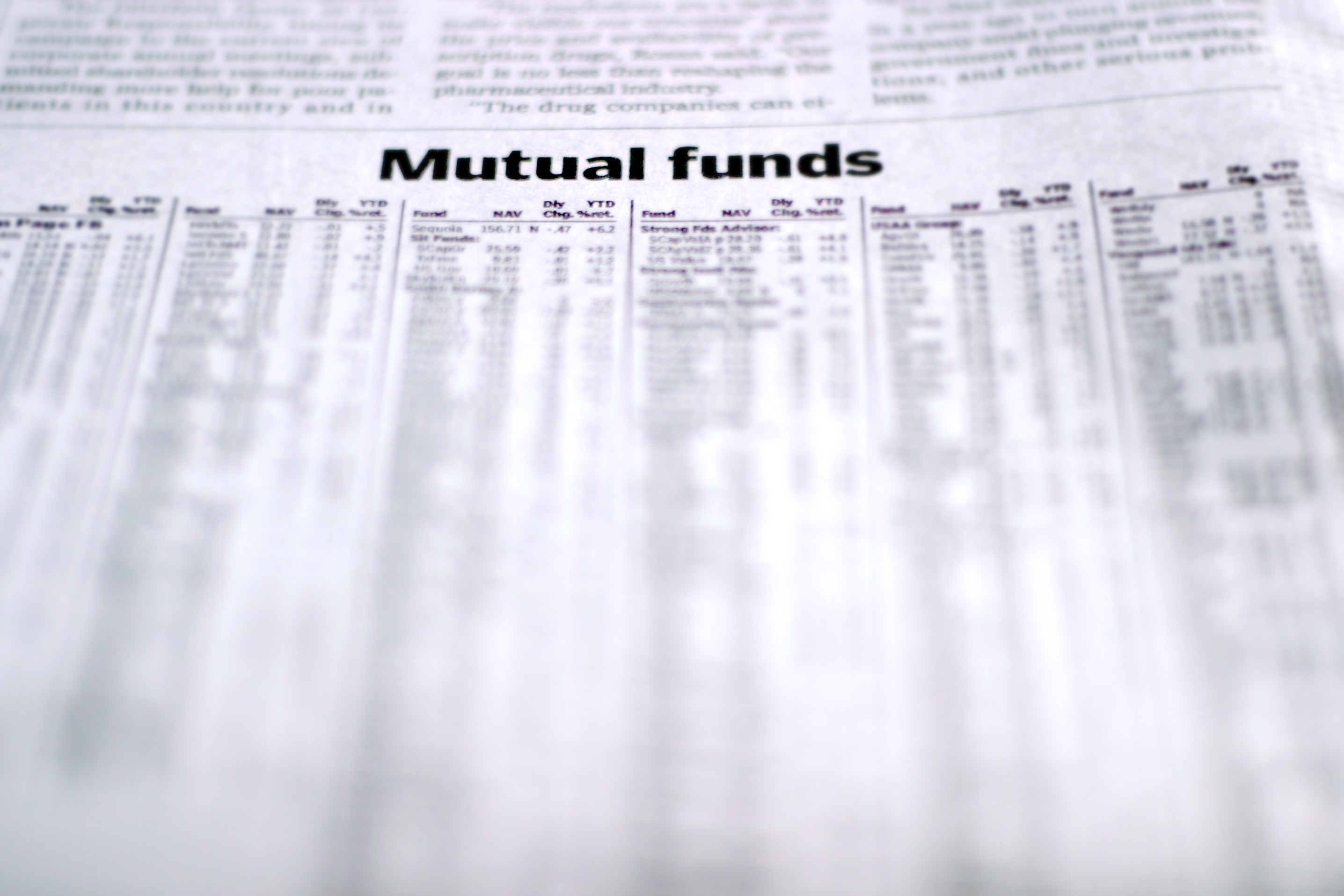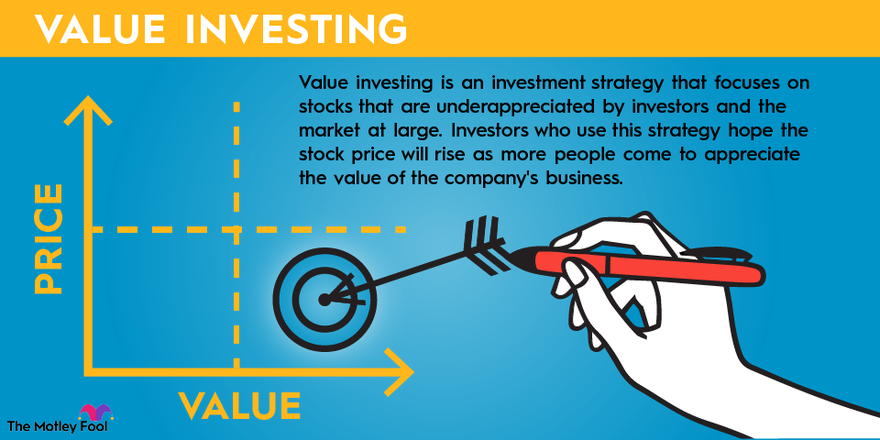Citadel is a U.S.-based firm that’s been described as one of the most successful hedge funds in history. Read on to learn more about the fund, its investment strategy, major successes, reputation, and impact on the investing world.
What is Citadel?
- Name: Citadel LLC.
- Founded: 1990.
- Founder: Ken Griffin.
- Headquarters: Miami.
Described as the most successful hedge fund in the world, Citadel researches and manages multiple asset classes to secure outstanding returns for institutional investors and high-net-worth individuals.

The fund has been a pioneer in multimanagement platform (MMP) investing, which seeks to make money by distributing capital to different teams, which are then encouraged to set independent strategies to maximize returns from equity, fixed income, commodities, and credit.
Since its 1990 founding by Ken Griffin, Citadel's flagship Wellington fund has posted average annual returns of 19.2%, almost twice the figure recorded by the S&P 500 index. A $1 million investment when the fund was launched would have been worth about $450 million in September 2025. The fund reported managing $68 billion in investment capital as of August 2025.
Citadel’s investment strategy
Citadel uses a multimanager platform strategy to minimize risk while maximizing potential investment opportunities. Teams of investment professionals are allowed to develop their own strategies, focusing on different asset classes across multiple regions. The fund maintains a “center book,” used to manage risk by selling stock in overexposed holdings and augmenting existing investments where potential exists for larger returns.
Cutting-edge technology has been a major element in the fund’s success. Peng Zhao, CEO of its Citadel Securities subsidiary, noted that the acronym “HFT,” for high-frequency trading, was first used at the company. Although it’s still a key tool for the subsidiary, he said it’s now “part of the core competency you need to have as a modern-day market maker, but it’s becoming less and less a business model.” Still, the reliance on technology is evident, especially in its computer system, where 260 Ph.D. holders weed through 100 petabytes of data – more than half the amount held by the Library of Congress.
Four other key strategies -- “macroinvesting,” market making, long and short trading, and attention to fixed income and credit trades -- have helped fuel its rise to the top of the financial world:
- Macroinvesting: The hedge fund informs its investment strategies by studying economic and political trends, using the knowledge to ensure success from trades made across multiple asset classes and different regions.
- Liquidity: Citadel Securities, founded by Griffin and a subsidiary of Citadel, is a market maker that provides liquidity and efficiency for markets by quoting buy and sell prices for equities and options. It makes money by buying securities at a low price – the bid – and selling them for a higher price – the ask.
- Long and short: The hedge fund has been known to take both long and short positions in individual securities, reducing much of the potential for significant losses and ensuring consistent returns for its clients.
- Fixed income and credit trading: Citadel is an active participant in the market for bonds, mortgage-backed securities, and financial derivatives. It uses a combination of fundamental and quantitative analytics to capitalize on potential opportunities.
Notable successes
Griffin’s hedge fund was a quick success, starting with only $4.6 million. Some of its earliest successes were built on failures, though. The company restructured withdrawal terms in 1998, locking up investor funds shortly before the spectacular flameout of Long Term Capital Management and allowing Citadel to finish the year with a 30% return.
Related investing topics
Legacy and impact
Like Millennium Management and other successful hedge funds of the last decade, Citadel has reinforced the importance of risk management and portfolio diversification. Its multi-strategy, team-oriented approach to management, combined with a reputation for high-end quantitative analysis, has proven wildly successful, and future startups are likely to emulate a proven model.



